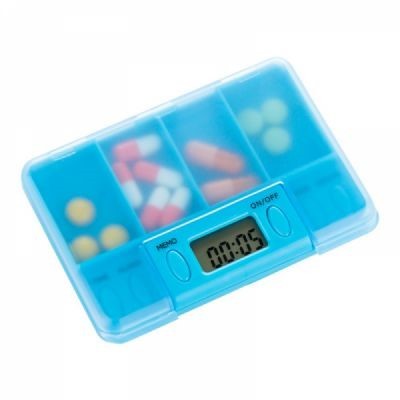One of the most challenging tasks that any caregiver may face while taking care of their aging patients is managing their medication. The process is complex. The medicines and their quantities keep on changing now and then. Moreover, some patients do not look forward to taking such medications in the first place.
Medication management is essential for patients suffering from multiple illnesses. Taking numerous medications may make these patients irritable, and skipping them may give rise to health complications. This critical situation has to be taken care of.
Here are some tips using which you can manage the medication of your elderly patients and expect their best recovery:
Know the names of the medicines:
Firstly, you need to understand the names of the medicines you are supposed to give to the patient. It is important because certain medications interact with other drugs and food items and negatively impact the patient's health.
Classify the medication:
The next important step is to classify the medicines. You can divide and arrange the medicines according to the time and day they are to be fed. If your patient is suffering from multiple illnesses and is given numerous medicines to consume in a day, classify them. It helps you to administer the right medicine at the right time.
Set reminders:
Forgetting to give the prescribed medicines to your patient on time could give rise to a difficult situation. The patient may become more vulnerable to the illness that may as well affect their recovery. To avoid this situation, set reminders. You can set the alarm on your phone, stick a note on the cupboard, or ask the family member of the patient to remind you to give them medicines on time.
Fix important appointments with the doctor:
Healthcare of chronic and elderly patients is prone to changing now and then. It is possible that your patient's symptoms have changed, and they might not need the ongoing medication any longer. It is also possible that the prescribed medication might not be working for them. It calls for the need to go to a doctor. You can either take the patient to a doctor's clinic or request them to visit the patient.
Know the method of taking the medicines:
Certain medicines are required to be taken in a certain way. For example, some medicines are usually taken on a full stomach while others are to be taken on an empty stomach. On the other hand, the patient is not allowed to eat anything immediately after taking some medicines. It is, therefore, essential to know the method of administering them to your patient. Also, be sure to check if multiple medicines can be taken simultaneously.
Understand the side-effects of some medicines:
As a caregiver, it is your responsibility to check and understand all the side-effects that your patient might experience after taking the medicines. Being aware of the side-effects helps you check for the changes in the health of the patient. If the side-effects are serious, you can immediately get in touch with their doctor and do the needful. Some of the common side-effects of medicines include pain, weakness, upset stomach, nausea, etc.
Do away with expired medicines:
Never put the new and expired medicines together. Medicines always come with an expiry date. Pay close attention to it. Always check the expiry date on the packet before you feed it to the patient. Dispose of the expired medicines and tonic immediately so that you don't end up giving the expired ones in case of any rush.
Takeaway:
Medication management is not as difficult as it seems. Follow the above-listed tips and instructions to manage the medication of your patient properly and save yourselves from facing any unwanted situation.
© 2024 NatureWorldNews.com All rights reserved. Do not reproduce without permission.
* This is a contributed article and this content does not necessarily represent the views of natureworldnews.com






